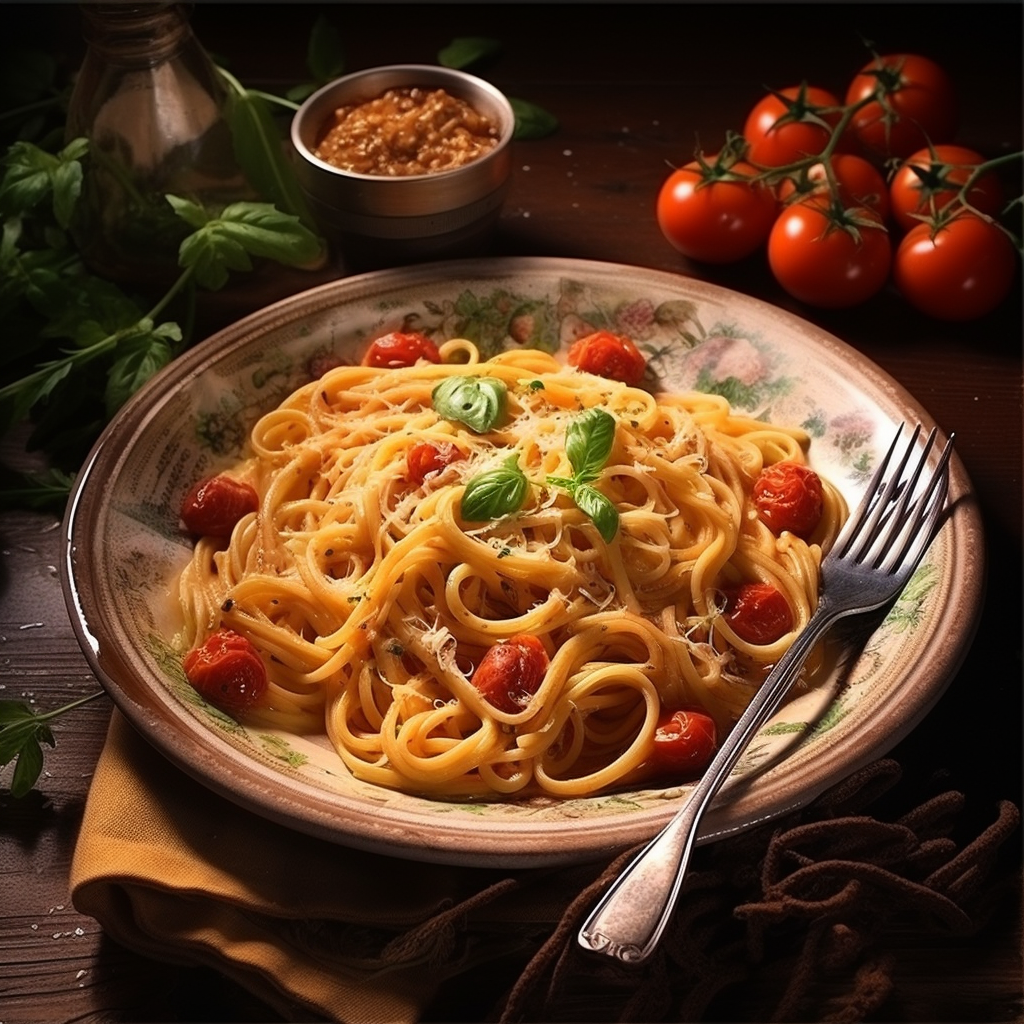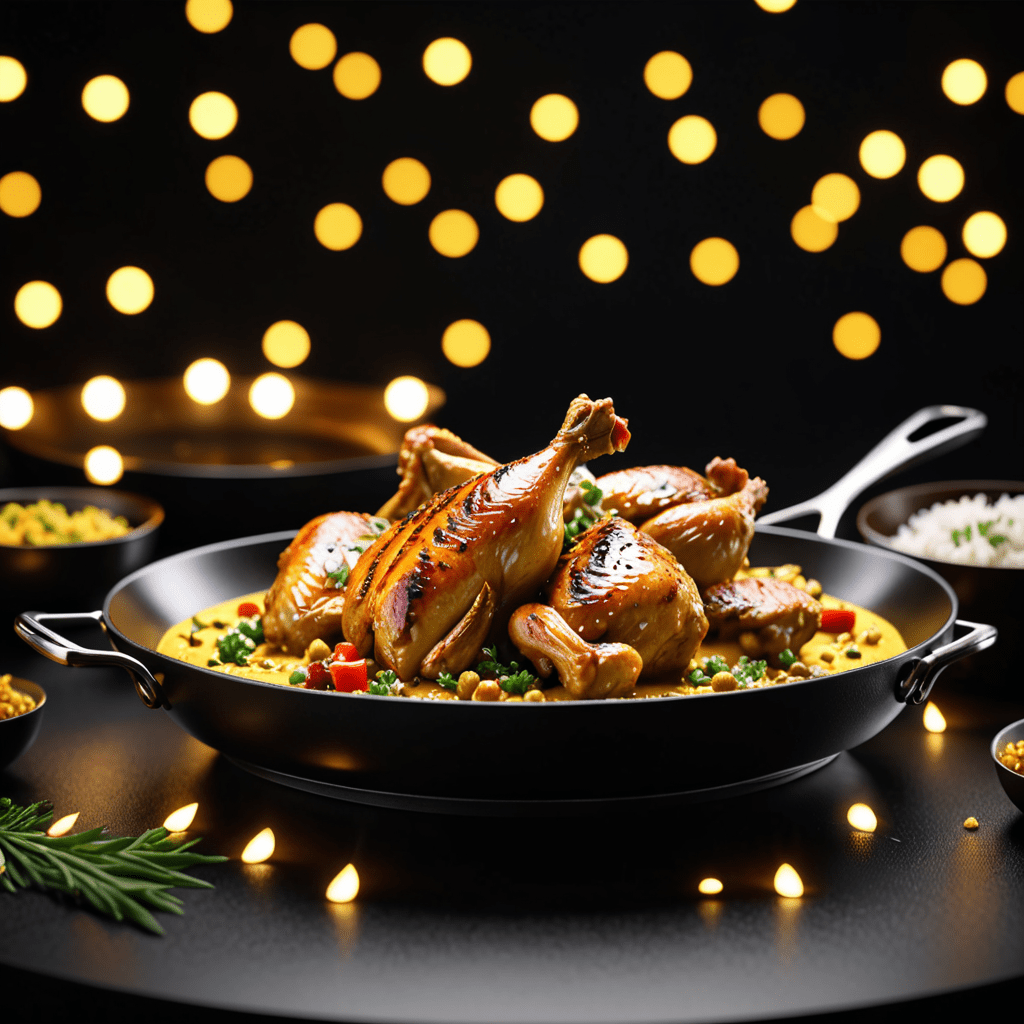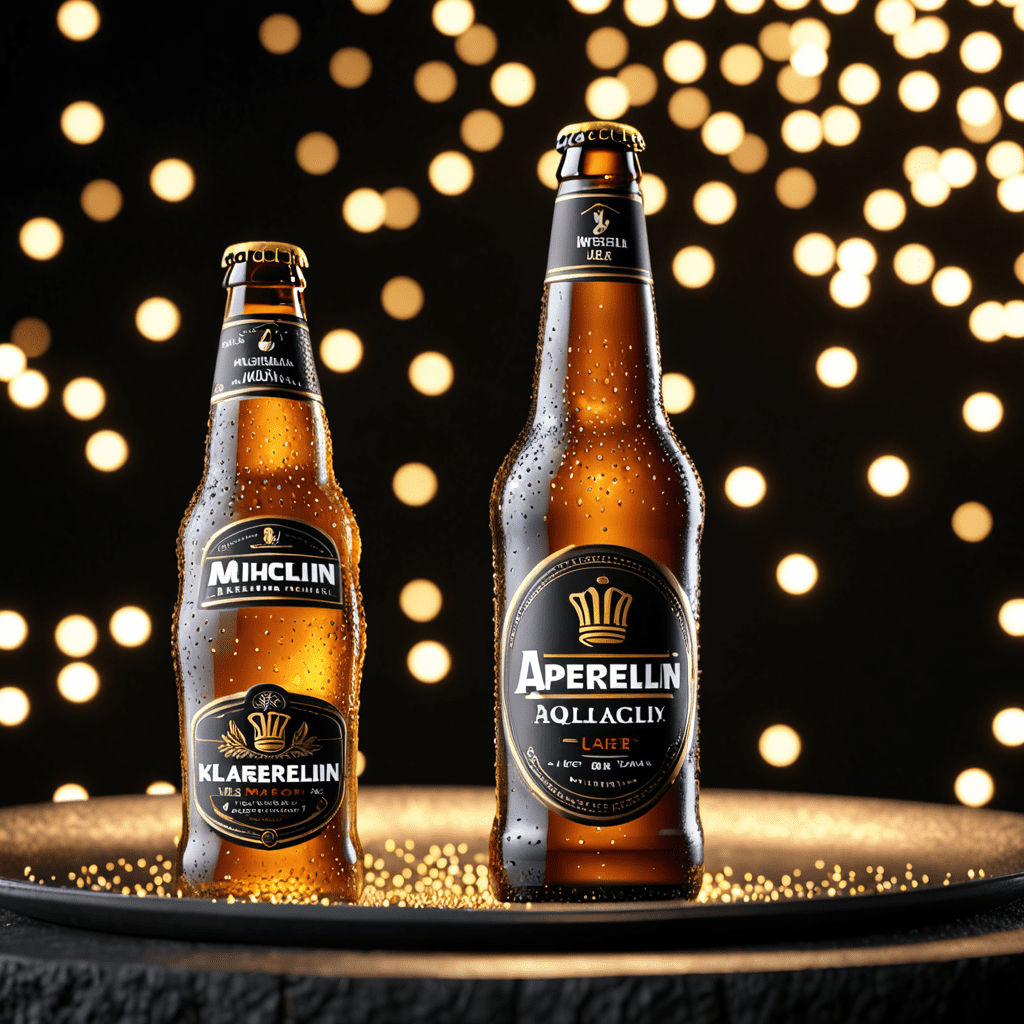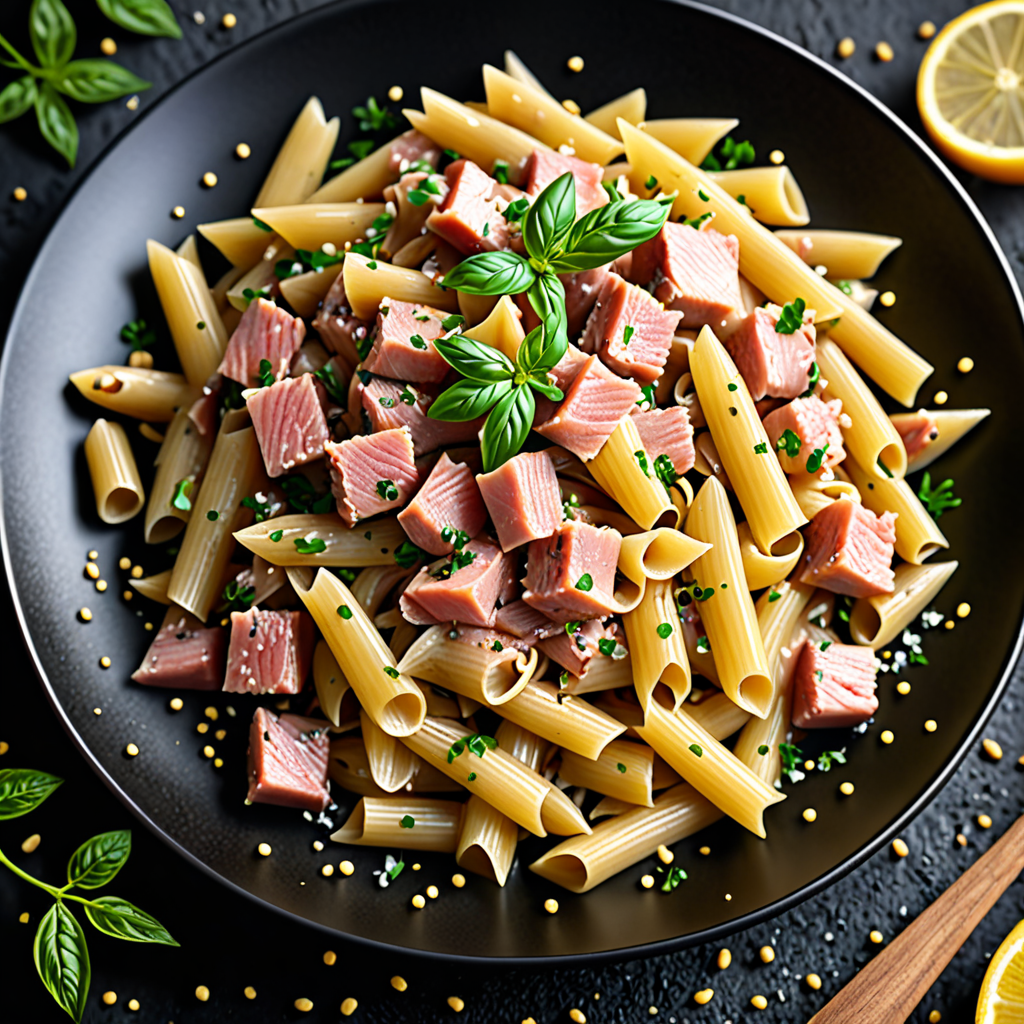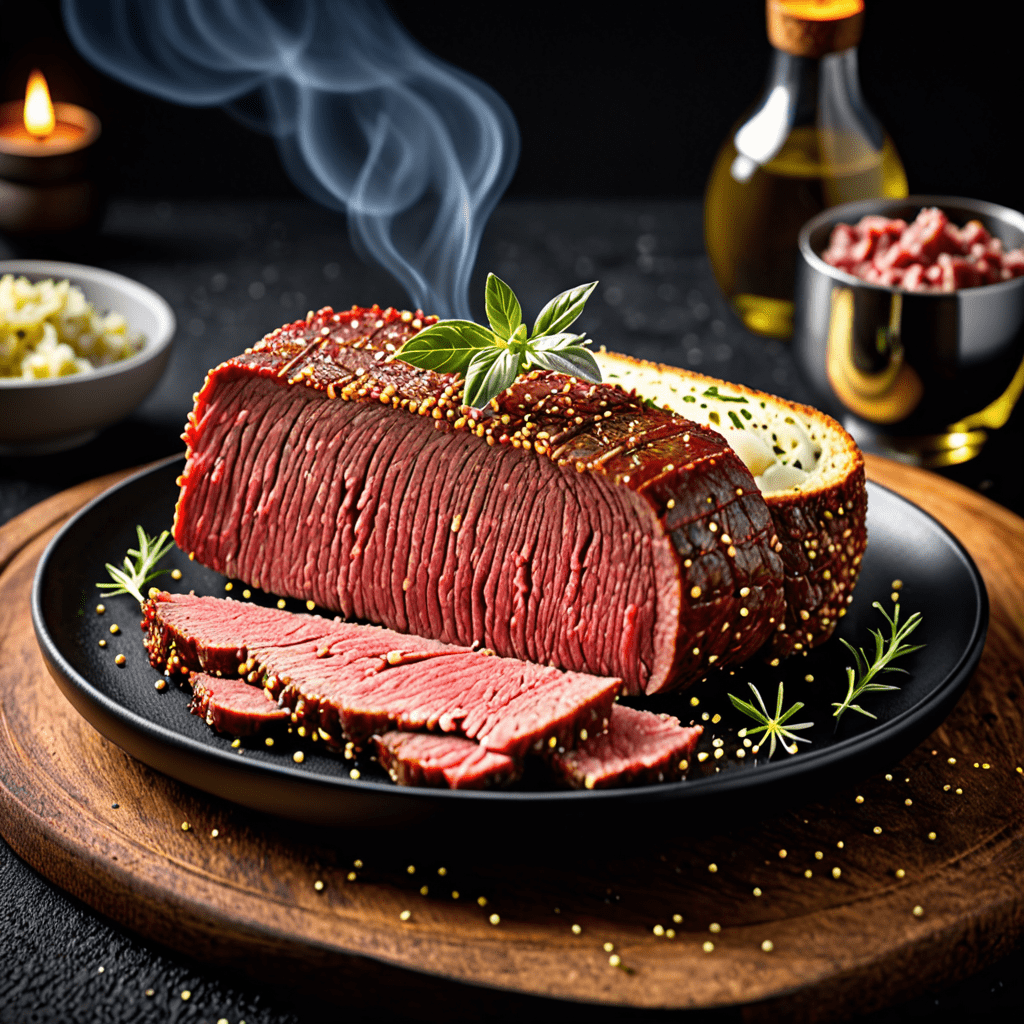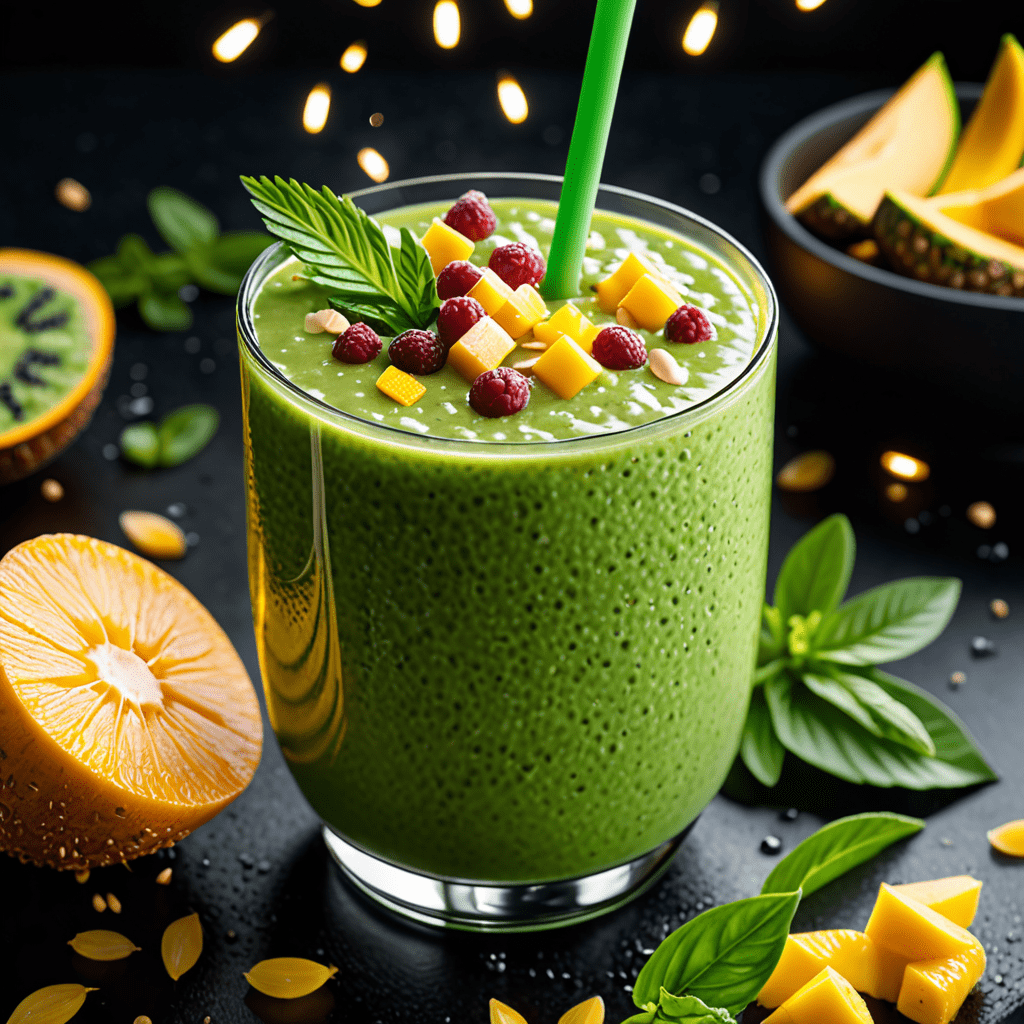“Wholesome Canine Cuisine: A Guide to Nutritious Dog Food Recipes”
Wholesome Canine Cuisine: A Guide to Nutritious Dog Food Recipes
Introduction
So, you’ve decided to take control of your furry friend’s diet by preparing homemade meals. Whether you’re looking to add variety to your pup’s meals or simply provide them with a wholesome, nutritious diet, a dog food recipe book is a great resource. Let’s dive into the world of creating delicious and healthy meals for your canine companion.
Ingredients
Creating nutritious dog meals involves understanding what foods are suitable for your furry friend. Below are some wholesome ingredients to consider for your homemade dog food recipes.
Lean Proteins
Include proteins such as chicken, turkey, beef, fish, and eggs in your recipes. These are essential for muscle development and overall health.
Fruits and Vegetables
Incorporate fruits and vegetables like carrots, sweet potatoes, apples, and blueberries to provide essential vitamins and fiber. These ingredients add flavor and nutrients to your dog’s meals.
Whole Grains
Brown rice, quinoa, and oats are great sources of carbohydrates and fiber. They provide sustained energy and aid in digestion.
Dairy or Dairy Alternatives
Plain, unsweetened yogurt or almond milk can be beneficial for dogs, as they provide probiotics and calcium.
Additives and Supplements
Consider adding omega-3 fatty acids, such as fish oil, and other supplements like glucosamine and chondroitin to support joint health and overall well-being.
Directions
When preparing homemade dog food, it’s essential to follow proper cooking techniques and food safety measures. Here are some general guidelines for creating wholesome meals for your beloved pet.
Balance and Variety
Ensure that your dog’s meals consist of a balanced combination of proteins, carbohydrates, and fats to meet their nutritional needs. Additionally, offer a variety of ingredients to avoid nutrient deficiencies.
Portion Control
Determine the appropriate portion size for your dog based on their size, age, and activity level. Overfeeding or underfeeding can lead to health issues, so it’s crucial to measure portions accurately.
Cooking Methods
Use methods such as boiling, steaming, or baking to prepare the ingredients. Avoid adding seasoning, onions, garlic, or excessive salt, as these can be harmful to dogs.
Storage and Serving
Once prepared, store the food in airtight containers in the refrigerator or freezer to maintain freshness. Thaw frozen meals in the refrigerator before serving and ensure that the food is at an appropriate temperature.
FAQs
Q: Is it safe to feed my dog homemade food?
A: When prepared with the proper ingredients and nutritional balance, homemade dog food can be safe and beneficial for your pet. However, it’s essential to consult with a veterinarian or canine nutritionist to ensure that your recipes meet your dog’s specific dietary needs.
Q: Can I use the same ingredients from my own meals for my dog’s food?
A: While some ingredients overlap, it’s important to note that certain foods consumed by humans can be harmful to dogs. Always research and ensure that the ingredients you use are safe and suitable for canine consumption.
Q: How do I transition my dog to a homemade diet?
A: Gradually transition your dog to a homemade diet by mixing increasing amounts of the new food with their current food over several days. This helps prevent gastrointestinal upset and allows your dog to adjust to the new diet gradually.
Q: Are there specific foods I should avoid feeding my dog?
A: Yes, certain foods, such as chocolate, grapes, raisins, onions, and garlic, can be toxic to dogs. Research and consult with a professional to ensure that your recipes exclude any harmful ingredients.
Q: Can homemade dog food help with allergy management?
A: Homemade dog food allows you to control the ingredients, making it easier to avoid allergens that may be present in commercial foods. Consulting with a veterinarian or veterinary nutritionist can help identify and manage your dog’s allergies through dietary adjustments.
Creating nutritious homemade meals for your dog can be a rewarding experience. By following the right recipes and guidance, you can ensure that your furry companion enjoys healthy and delicious meals tailored to their specific needs.

